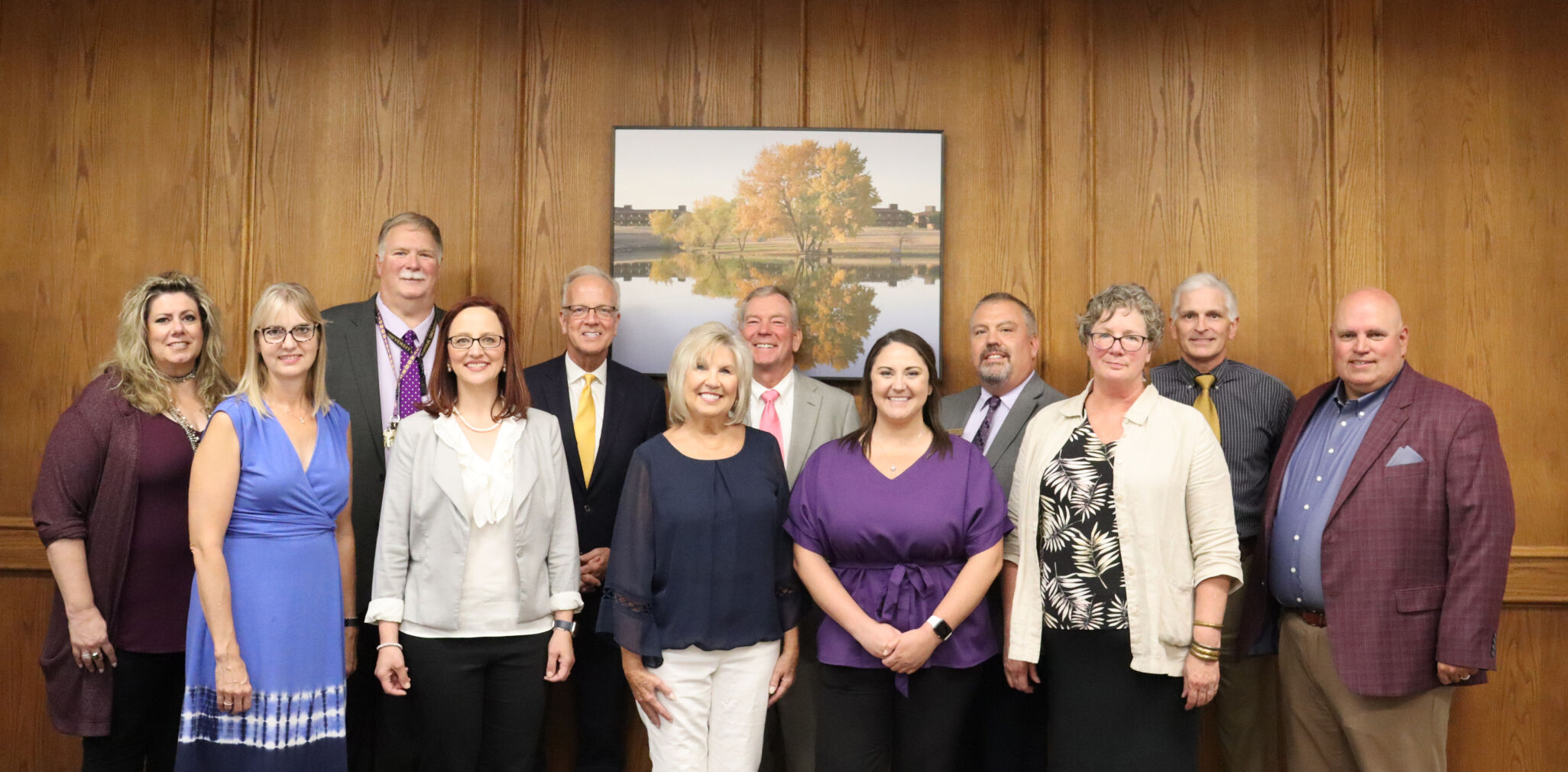U.S. Sen. Jerry Moran, R-KS, praised the work of community colleges and technical schools during a visit in Dodge City, Kansas.
Those colleges meet an important need to many Kansas communities. His mindset is whether in the state Legislature or Congress, decisions have to benefit his hometown of Plainville and many others across the state.
While Kansans often think the state’s population centers are Topeka, Wichita and Kansas City, he says in Washington, D.C., Congress and program administrators often consider those regions rural, too.
Moran visited with Dodge City Community College President Harold Nolte, key administrators and Kathy Ramsour, vice chair of the board of trustees, on Aug. 25. Items discussed included 2021-22 enrollment, student financial aid, COVID-19 and current needs in workforce education.
Dodge City Community College’s importance in educating young men and women pays dividends for the community, region, western Kansas and the nation, Moran said. The community colleges have a two-fold purpose of training students for career opportunities in a two-year span and to prepare other students for a four-year college.
Nolte said the fall enrollment is projected to be up by about 23% in comparison to the previous fall. The Kansas Board of Regents reported that in fall 2020 the enrollment was 1,034 students. The practical nursing program is considered the No. 1 program in the state, and the nursing program was the recent recipient of a major gift, he said.
The college has continued to draw on the region’s Hispanic student base, he said. About 43% of the enrollment has Hispanic backgrounds, said Kristi Ohlschwager, assistant vice president of administration and human resources. Moran said Garden City and Liberal, also home to major packing plants and community colleges, also have a significant Hispanic base.
Moran asked how the college students and staff fared during shutdown from COVID-19. He said the strength of small colleges, community colleges and technical schools has been the low student-to-staff ratio that builds a nurturing relationship for education.
Jane Holwerda, vice president of academic affairs, said teachers and administrators worked quickly when the college had to go to an online format and staff worked hard to keep students on track.
“You did what you needed to do,” Moran said.
Nolte and other administrators also noted that one benefit was that it helped to improve communications within the college and to outside entities and that practice will continue.
The college has used federal designated COVID relief funds so that students could continue to stay on track to receive their education, the college president said.
As much as a supporter as he was of community colleges, Moran did not support a provision of the Joe Biden economic plan to provide free education to those who attend a community college. Moran said his concern was that federal government would start providing mandates and place students in programs based on its view rather than state and local boards that are close to the students.
Nolte agreed and based on his own experiences and observation as a college president, “Part of the problem is you need to have skin in the game. There is nothing that comes free.”
Holwerda said other incentives based on academic achievement might be an option to consider. Moran said incentives, particularly for short courses, have been successful models and show innovation at the local level works best.
Dave Bergmeier can be reached at 620-227-1822 or [email protected].




